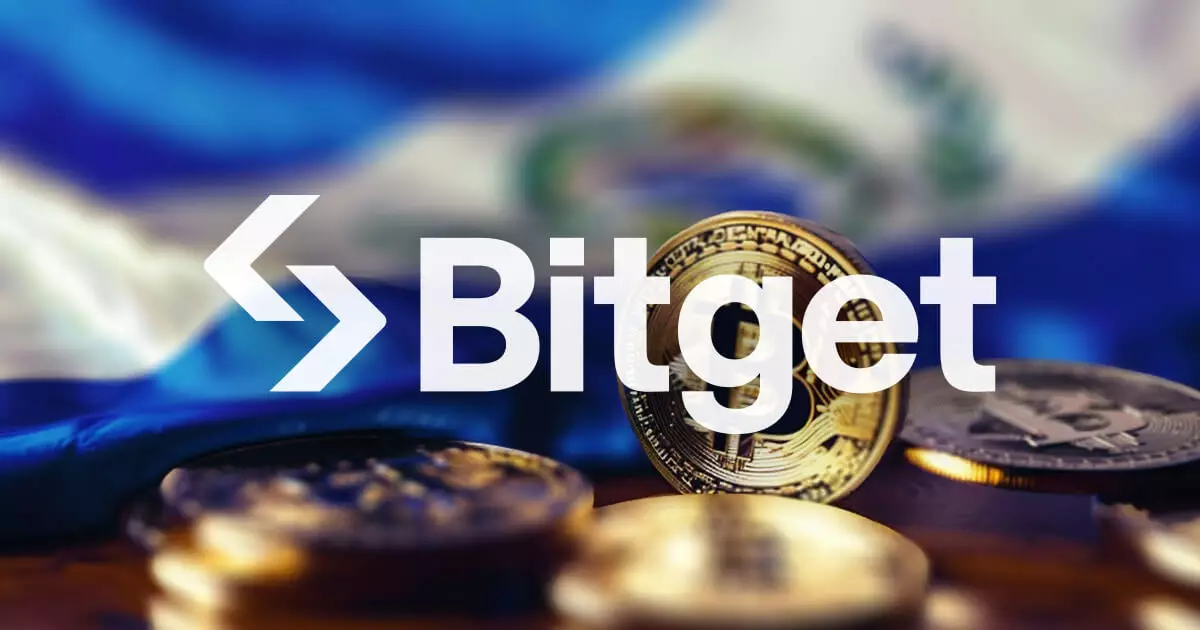In a groundbreaking step for cryptocurrency regulation, Bitget has received a Bitcoin Service Provider (BSP) license from El Salvador’s Central Reserve Bank. This license, announced on December 16, marks a significant milestone in the legitimacy and growth of Bitcoin-related services within the country. The authorization empowers Bitget to facilitate a variety of Bitcoin services, from converting Bitcoin into fiat currencies to processing payments and ensuring secure custody of Bitcoin assets. This regulatory endorsement not only showcases El Salvador’s commitment to cryptocurrency but also positions it as a potential leader in the evolving crypto market across Latin America.
Bitget’s ambitions do not stop with the BSP license; the exchange is also in the process of securing a Digital Assets Service Provider (DASP) license from the National Commission of Digital Assets. This additional license would broaden Bitget’s service portfolio, enabling it to support transactions involving other cryptocurrencies alongside Bitcoin. The dual licensing strategy underscores the exchange’s commitment to becoming a comprehensive service provider in the region, catering to an increasingly diverse clientele, including those interested in various digital assets.
El Salvador’s proactive approach to adopting Bitcoin as legal tender has made it a focal point for crypto innovation. The country’s legislative framework creates a favorable environment for companies like Bitget to flourish. The exchange is not only looking to capitalize on this growing market but also plans to establish a local team to enhance user support in Latin America. This strategy reflects the firm’s recognition of the region’s high potential for crypto adoption, making it an attractive landscape for both businesses and consumers alike.
Bitget’s foray into El Salvador is further underscored by the country’s recent financial successes with its Bitcoin holdings. President Nayib Bukele disclosed on social media that the nation has generated an unrealized profit of approximately $362 million from its Bitcoin reserves, which currently amount to 6,188 BTC. Despite an initial investment of $270 million, the substantial appreciation of these assets has generated considerable interest. However, it’s essential to note that El Salvador’s aggressive Bitcoin strategy is not without its critics. International institutions have expressed concerns regarding the risks associated with such a singular focus on cryptocurrency, prompting negotiations with the International Monetary Fund (IMF) for a $1.3 billion loan.
The Road Ahead for Crypto in El Salvador and Beyond
While Bitget’s entry into the El Salvador market is largely optimistic, it exists within a complex web of economic challenges and regulatory considerations. The IMF’s involvement and possible recommendations for adjusting the nation’s Bitcoin laws could lead to significant changes in the regulatory framework. Consequently, both Bitget and the broader cryptocurrency community will need to adapt to a landscape that is continuously in flux. As new regulations emerge, the response from involved parties will be crucial to sustaining crypto growth and innovation in El Salvador and potentially influencing the broader Latin American landscape. The future remains bright, but the pathway to success will require diligence and adaptability from all stakeholders involved.

